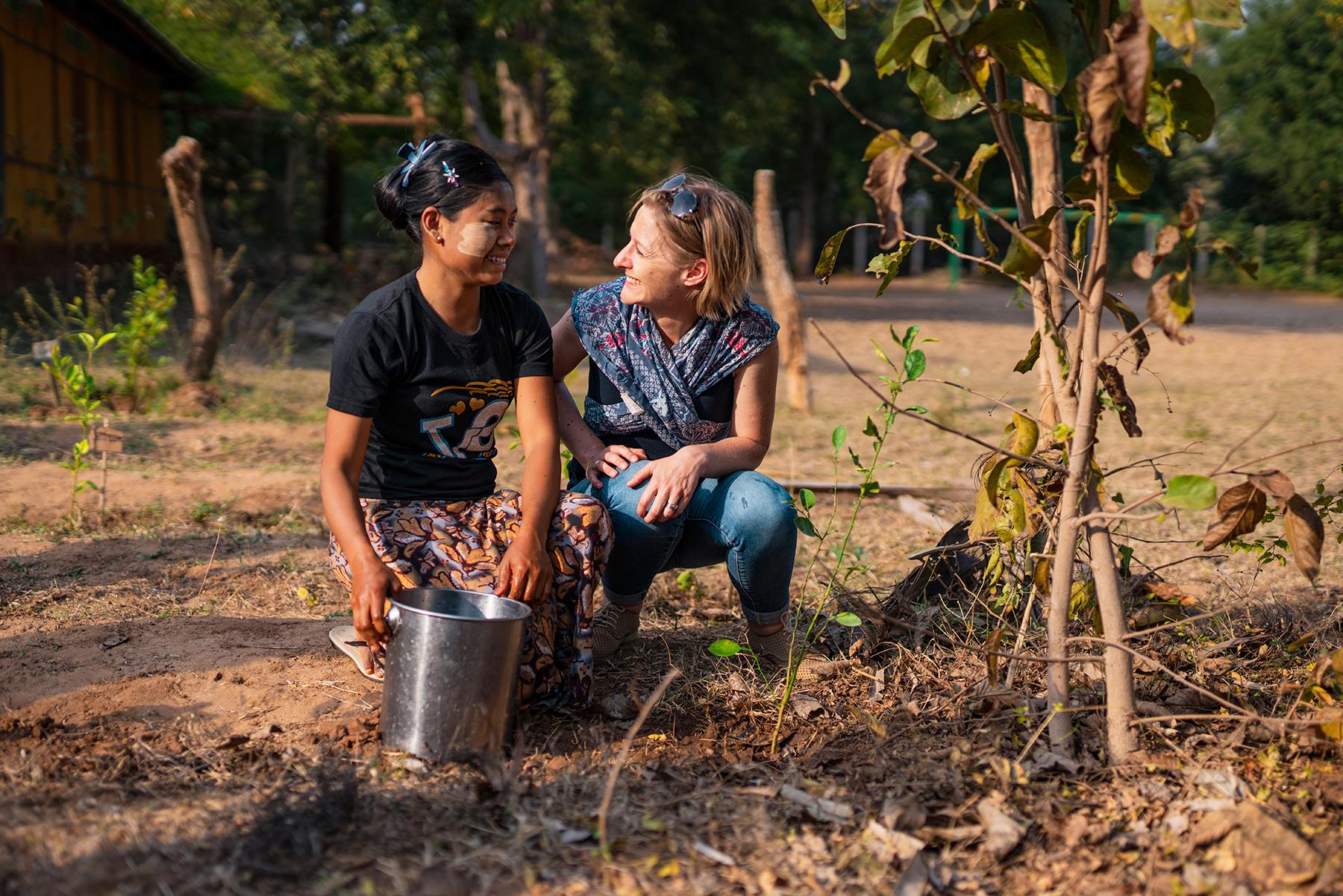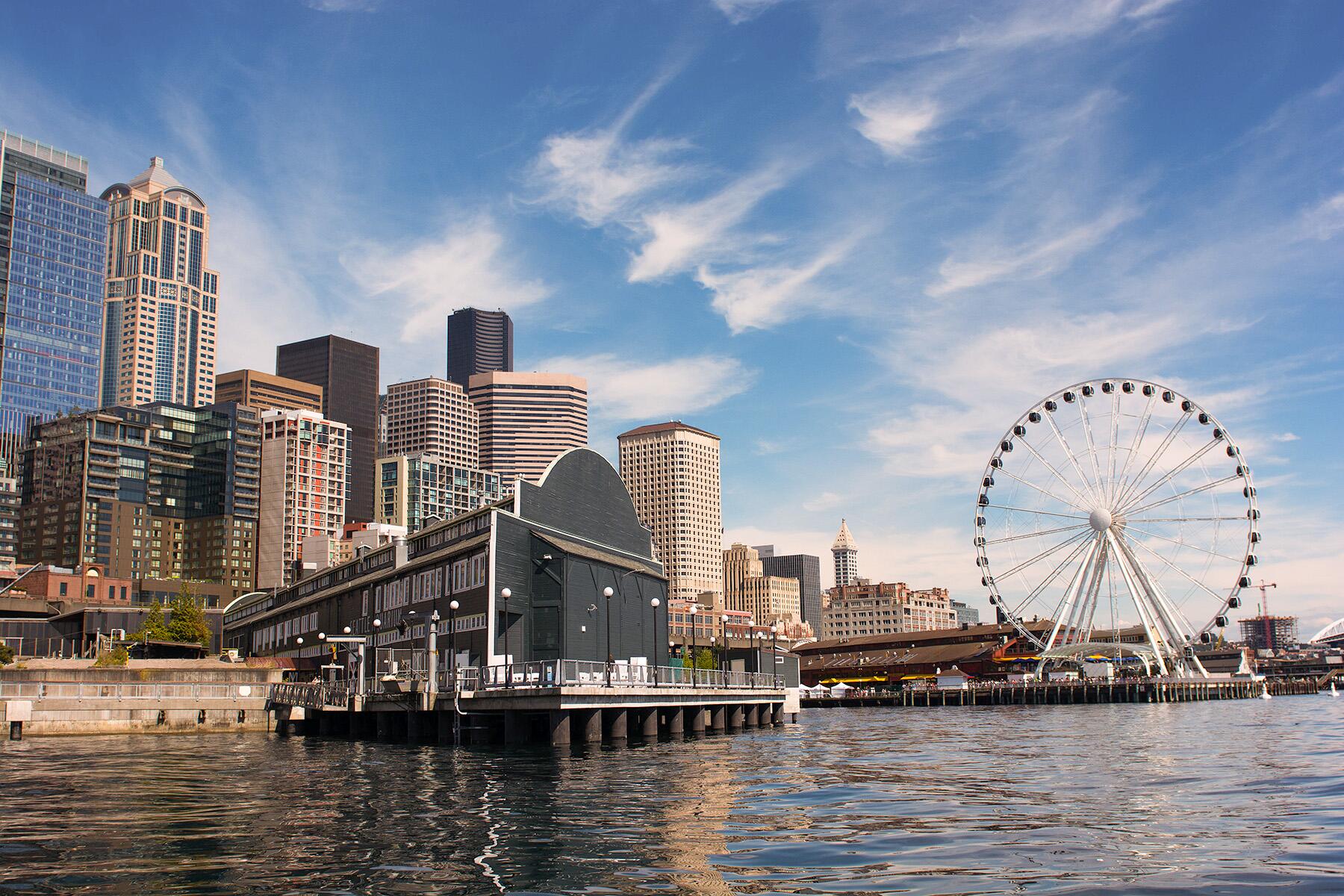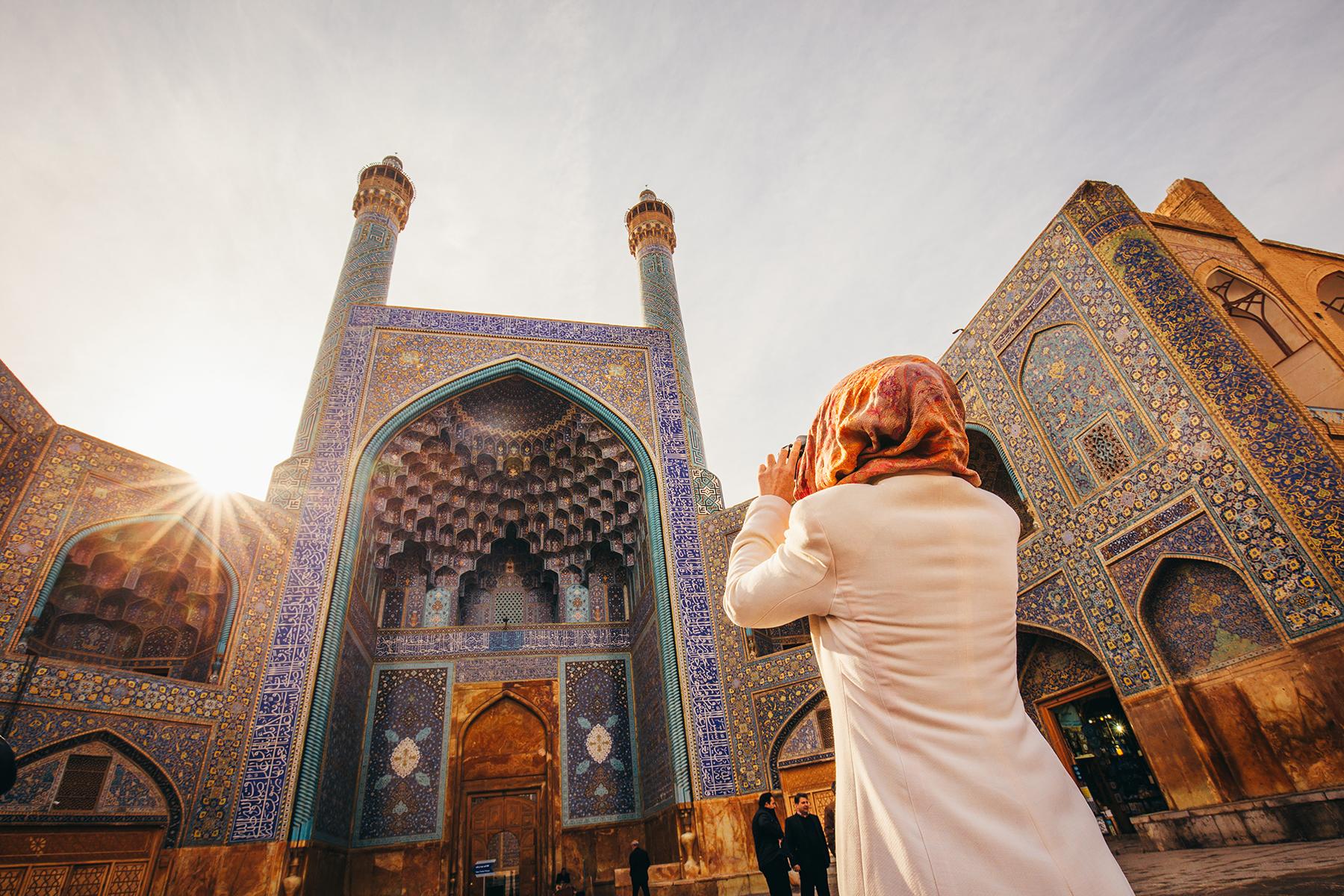An op-ed by Erica Kritikides, Senior Brand and Product Manager at Intrepid Travel.
Just a few weeks ago, I received an email with a gut-wrenching subject line: “gunmen in Christchurch.” In a quick succession of phone calls and emails, we confirmed with much relief that all our travelers were safe and accounted for. By the next day, these same customers had resumed their trips and new travelers were arriving to commence their adventure through one of the world’s friendliest and most beautiful countries. New Zealand is not a country associated with violence. Yet in the devastating space of 30 minutes, it—albeit temporarily—became a “troubled” place to travel.
When considering the meaning of a “troubled destination,” the mind tends to turn to places racked by internal conflict, political instability, one-off incidents, or natural disasters. Alternatively, it may conjure countries with dubious human rights records, or those that inflict restrictions on the freedom of their citizens.
Over our 30-year history, Intrepid Travel has grown from offering a single itinerary in Thailand to running thousands of tours in more than 120 countries around the world. This global expansion of our product range has been driven by a company full of travelers with an insatiable desire to experience diverse places and cultures.
At different times and in different ways, a small number of destinations we visit could be considered—using the broad definition above—“troubled” places to visit. As a business that places the highest value on the safety of our travelers, if a destination poses a high risk to physical safety, we categorically will not go there—until it is deemed safe again. But as a business that firmly believes in the transformative value of travel to change misconceptions and to connect human beings across the cultural divide, if a destination poses no physical risk, we will continue to travel there.
Recommended Fodor’s Video
At Intrepid Travel we do not believe in boycotting travel to destinations that engage in oppression or discrimination. Why? Because ignoring a problem never proved a solution to anything. Instead, we harness our products to shine a light on social, political, and conservation issues. Our range of Women’s Expeditions is a case in point. Launched to coincide with International Women’s Day, these itineraries (which cover seven countries across the Middle East, Africa, and Asia) are not simply a gratuitous opportunity for women to travel together. Instead, they have been designed to offer access, insight into and connection with female-only spaces in cultures where women have traditionally been marginalized. Our Women’s Expeditions have allowed us to celebrate the diversity of female experience in a positive way and they speak to our commonalities that cross cultures and borders, such as going to the hair salon or sharing a meal with girlfriends.
Equally relevant is our decision to maintain travel within Myanmar, despite the evident and brutal treatment of the Rohingya people by the current regime. In 2016, Intrepid Travel launched a community-based tourism initiative outside of Bagan, the proceeds of which support four villages. While it may be easy to argue that traveling to Myanmar is wrong, this denies the positive and practical benefits of tourism that, in this instance, have resulted in these villages having access to electricity for the first time, improved educational outcomes for their children, vocational opportunities for women and, overall, a lift in their quality of life. Having recently experienced the hospitality of these communities—and hearing firsthand the difference that tourism has made in their lives—I know, on a deeply personal level, that we are doing the right thing.

The travel landscape is constantly shifting—inextricably tethered to the changing nature of politics, weather and random events in the places we visit. But if we respond to these shifts with travel boycotts, it would likely isolate vulnerable people even more. For one, the presence of tourists can help keep governments and regimes in check. When this global gaze is removed, the situation can worsen. While the intention behind a boycott is to do the right thing, the reality is that travel boycotts often impact the wrong people. When tourism suddenly drops, it’s not just the government or military who feels the impact; it’s the locals, who rely on travelers purchasing their goods or using their services to support their families.
Where travelers can and want to go is strongly driven by individual perceptions of a country—whether it’s safe or humane or ethical. We celebrate our travelers’ right to choose where they want to go, based on their personal beliefs and values. What is important to us, as a global tour operator, is ensuring we provide access so our travelers can make up their own mind about the world. We respect the decision of those who choose to not visit a particular country or simply to go elsewhere, because there are so many places in the world that tourism can have a positive impact. That’s why we believe the best thing that we can do is ensure that wherever we go, we make a difference.



